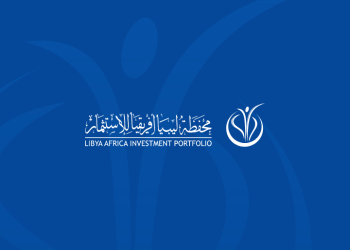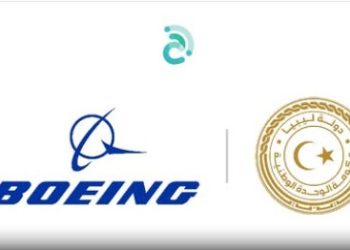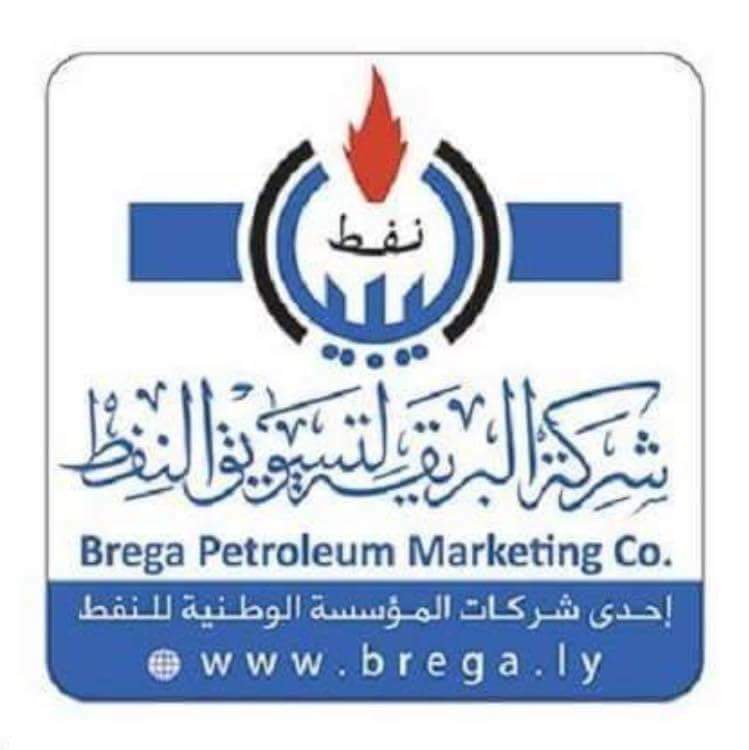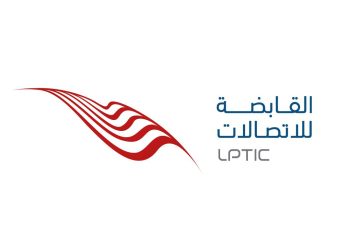The granting of licenses to official foreign exchange (FX) bureaux is a good step toward ensuring the existence of legal and safe channels for foreign currency transactions, Tripoli based Libyan Prime Minister Abd Alhamid Aldabaiba said yesterday in a lengthy statement published by his government social media sites.
Aldabaiba was reacting to the Central Bank of Libya’s announcement on 27 July of the granting by Governor Naji Issa a new final license to 52 Foreign Exchange Bureaux and companies.
This brings the total number to 187 FX companies and bureaux covering all regions of Libya, as well as granting an initial license to practice to 108 FX companies and bureaux. The new FX bureaux will operate in the market under the supervision of the Central Bank of Libya.
An important step to legally regulate the sector
Aldabaiba said the policy to regulate the FX market is an important step in regulating the banking sector legally, under the supervision of the Central Bank of Libya, to ensure fairness and facilitate access to foreign currency for all (all economic actors, from micro-enterprises to large corporations) as part of a policy to support the economy.
Need for comprehensive solution to black-market
The government is fully aware of the dangers, he continued, of the parallel market and its negative impact on the national economy and purchasing power. It is an illegal channel sometimes used for money laundering, threatening the financial system. It also recognizes that security solutions are important but alone are insufficient. The solution lies in comprehensive reform, beginning with regulating the foreign exchange market on transparent and fair principles.
Black-market a result of decades of conflict between governments and CBL
The parallel currency market, Aldabaiba added, is not a new phenomenon; it is the result of accumulated conflicts between governments and the Central Bank, which have led to the suspension of credits and unilateral changes in currency selling policies. Citizens have found themselves directly or indirectly involved in this market, through household cards and personal belongings, further complicating the problem.
Need for transparent, unified, stable monetary policy to eliminate black-market
Aldabaiba said that in the absence of these unified economic policies, the power of this market has increased. Following the shocks to the Libyan economy caused by criminal practices such as the oil shutdown, parallel spending, and the printing and flooding of counterfeit currency, the need to build a unified, transparent, and stable exchange rate system will eliminate the need for the parallel market and restore trust between the state and society by unifying monetary policy and avoiding unilateral measures that deepen the crisis.
The announcement of the licensing of new FX Bureaux by the CBL comes as part of its efforts to fight the FX black-market and defend the FX value of the Libyan dinar.
Two weeks ago, the dinar dropped below the psychological LD 8 per US dollar threshold causing a wide outcry in anticipation of rising prices and cost of living. The CBL has vowed to bring the rate down to below the LD7/dollar mark and keep it lower with the announcement of a planned series of countermeasures. It has dropped to about LD 7.7/dollar this week.
Libya’s undiversified, consumer, rentier economy
It is unclear if any of the CBL’s policies can keep the FX rate down in the long-term. Libya is fundamentally a consumer rentier state economy dependent on oil exports and global crude oil prices. It has low taxes and imports tariffs that are weakly implemented. So, there is no deterrent to unlimited consumption or imports. Libya has failed over the decades, despite much promise, to reduce its import bill or increase its non-hydrocarbons exports by diversifying its economy and developing local production and industry.
.
CBL grants licenses to 52 new FX bureaux – bringing total to 187
CBL to bring FX rate of dinar to less than LD 7 per US$: CBL Governor Issa
CBL sets 7 percent profit margin for official FX Bureaux
CBL defends its financial performance, protection of Libyan dinar value
Audit Bureau freezes 160 bank accounts amid currency smuggling, fraud and duty evasion claims
Tripoli introduces electronic import regulation system
CBL: LD 3 bn in FX smuggling, money laundering – accuses local banks of corruption
CBL devalues Libyan dinar by 13.3 percent to LD 5.56 per dollar
CBL’s latest revenues and spending data reveals a dinar surplus but a dollar deficit
CBL issues 71 new FX bureaux licenses











